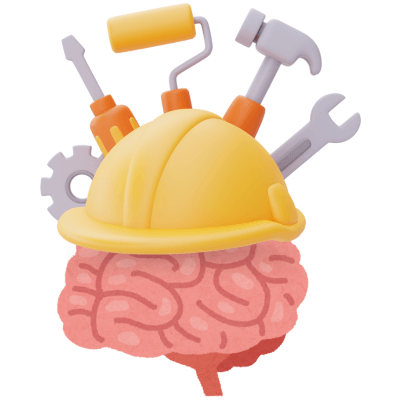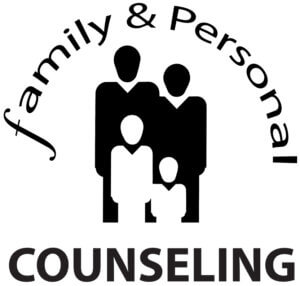
Coping Skills: Emotion Focused vs Problem Focused
Coping skills can help us manage stress and unpleasant emotions. Whether we’ve had a long day at work, are feeling frustrated with how the day turned out, dealing with change, or just trying to maintain a positive mood, these skills can help us face our emotions and feelings head-on and feel better about the rest of our day. It’s most important to know when to utilize coping skills and what will work best for different situations. The two main styles include emotion-focused and problem-focused. FPC Therapist Stephanie Keicher, MHC provides this information to help you navigate your day:
Emotion-Focused
Emotion-focused coping skills will help us reduce the impact of stressors when dealing with difficult emotions. For example, sometimes we don’t know why we are feeling anxious, frustrated, upset, or worried, and we need to take a moment to give our body a break from a situation. Emotion-focused skills include any form of exercise, meditating, talking to a friend, playing with a pet, creating art, listening to music, or taking a bath. The main purpose is to do something that soothes and comforts us, allowing us to come back to a situation and reflect on our triggers for our feelings and how our body reacts.
Problem-Focused
Problem-focused coping skills, on the other hand, are used to reduce or eliminate an issue. For example, if you are worried about being late to work or failing an exam, you can establish healthy habits to prepare yourself better for future events or deal with a situation better in the future. Problem-focused coping skills include asking for support, establishing healthy boundaries, creating a to-do list, working on time management, getting organized, challenging negative self-talk, and knowing when to take a break.
Putting Coping Skills into Practice
Anyone can benefit from utilizing coping skills, and it is recommended to practice using different techniques daily so your body and mind can recognize that you feel comfortable with what you are doing. This practice helps you get into a routine of healthy patterns for optimal mental health and wellness.


